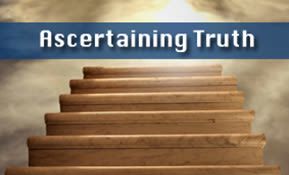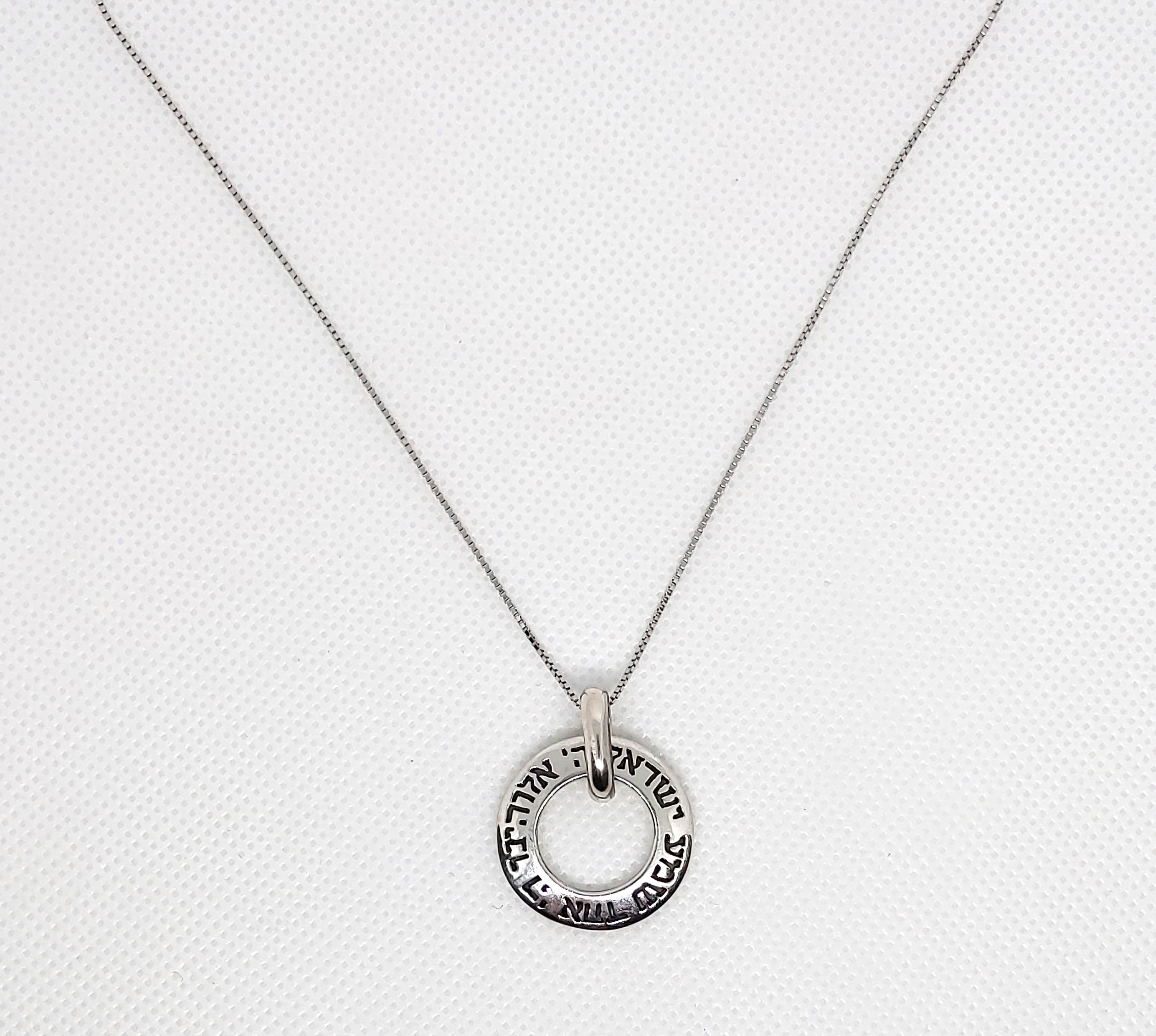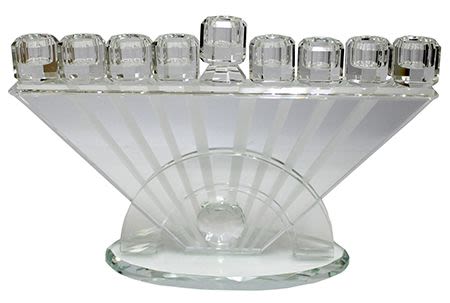
The Bridge
People frequently ask how they can feasibly thank Hashem for whatever is causing them extreme pain or anguish. “It’s totally illogical!” they protest…

Translated by Rabbi Lazer Brody
In Forest Fields, Part 39
No matter where a person is situated on the spiritual scale, expressing his or her gratitude to Hashem is the gateway of personal prayer and connecting to Hashem. As long as he doesn’t realize that Hashem does everything for the very best and fails to thank Him, he won’t be able to reach the point where he can properly correct the root cause of whatever it is that’s bothering him. Once he attains the joy that results from gratitude, he can properly proceed to the stages of self-evaluation and teshuva.
Good points
Nachman of Breslev teaches us (Likutei Moharan I:4) that by way of confessing one’s misdeeds, one realizes that everything if for the best. Therefore, the true emuna that everything is for the best necessitates daily teshuva. For that reason, self-evaluation and teshuva should always follow the initial stage of expressions of gratitude in our personal prayer.
What if despite our best efforts we don’t yet feel happy and we can’t properly do teshuva? A person can take a shortcut to happiness by searching for his own good points and rejoicing in them to the point of singing and dancing, as Rebbe Nachman teaches (ibid., 282). If you care enough about your relationship with Hashem to be reading this book, then you can sing and dance already. Our sages say that the mere desire to be righteous elevates a person to the level of a tzaddik!
Rebbe Nachman says that when a person identifies his good points and thanks Hashem for them, he in effect sifts his inner good from the bad; in the Heavens, such sifting creates an exquisite melody that resounds within that person’s soul and brings him joy. That joy once again enables him to do teshuva (Likutei Moharan II:23).
In light of everything we’ve said until now, it’s so very important that we ask Hashem to help us understand how everything in our life is for the very best and to thank Him for it. Rebbe Nachman writes (ibid. I:178) most people have difficulty in admitting their sins. Some forget them because they don’t do daily self-evaluation. Others have a spiritual heaviness – feelings of depression and unhappiness – that preclude confession. But, by searching for our good points, we overcome the problem and open the gate to teshuva. As long as we neglect teshuva, we won’t properly acquire emuna.
Emuna is the bridge
 At this stage, people frequently ask how they can feasibly thank Hashem for whatever is causing them extreme pain or anguish. “It’s totally illogical!” they protest. That’s the whole point – once we put our logic aside, we open our clogged hearts and brains to the light of emuna. Once we internalize the knowledge and feeling that Hashem does everything for the best, we neutralize all bitter feelings and negative emotions with one snap of the fingers.
At this stage, people frequently ask how they can feasibly thank Hashem for whatever is causing them extreme pain or anguish. “It’s totally illogical!” they protest. That’s the whole point – once we put our logic aside, we open our clogged hearts and brains to the light of emuna. Once we internalize the knowledge and feeling that Hashem does everything for the best, we neutralize all bitter feelings and negative emotions with one snap of the fingers. Emuna is the bridge that enables us to traverse this world in peace with ourselves and with our environment. Simple emuna is an express spiritual elevator that carries us directly to the upper echelons of spirituality and spiritual awareness.
Rebbe Natan of Breslev teaches that even if we haven’t yet internalized the feeling that everything Hashem does is for the very best, it’s enough that we believe in the true tzaddikim that tell us that everything Hashem does is truly for the very best. This enables us to thank Hashem and to praise His name for everything He does. If we did, says Rebbe Natan, all our troubles would disappear!
There is no despair
Rebbe Nachman taught us that there is no despair in the world at all. How can that be? Aren’t there serious transgressions that severely blemish a person’s soul? The answer is yes, but every cloud has a silver lining: Although we do our best to avoid transgressing, a person that has transgressed but has now done teshuva attains a greater soul correction than a person who has never transgressed. We see this principle in the physical world as well – if a cracked or broken metal object is properly welded, then the weld will be stronger than the original metal.
We can now understand why there’s no despair in the world at all. Let’s take a worst-case scenario: you’ve done a whopping misdeed that you’re really upset about. The Yetzer Hara tells you that you’re finished, complicating your own feelings of inadequacy because you haven’t yet internalized the emuna that Hashem does everything for the best.
Here’s the ray of hope: if you believe Rebbe Nachman was telling the truth when he promised us that there’s no despair in the world at all, and as long as we’re alive we can rectify ourselves, then we’ll have the incentive to confess our wrongdoing and ask Hashem’s forgiveness which will in turn bring us to joy and emuna.
The above principle is straight out of the Gemara (see tractate Yoma 86a). When a person makes teshuva out of love rather than out of fear of punishment, then his spiritual debits actually become credits!
Who can claim that their teshuva is the result of love of Hashem and not fear of punishment? Any person that invests an hour in personal prayer on his own initiative certainly falls into the category of those whose teshuva stems from the love of Hashem.
To be continued.













6/20/2022
Starting a gratitude journal is most rewarding .🙏